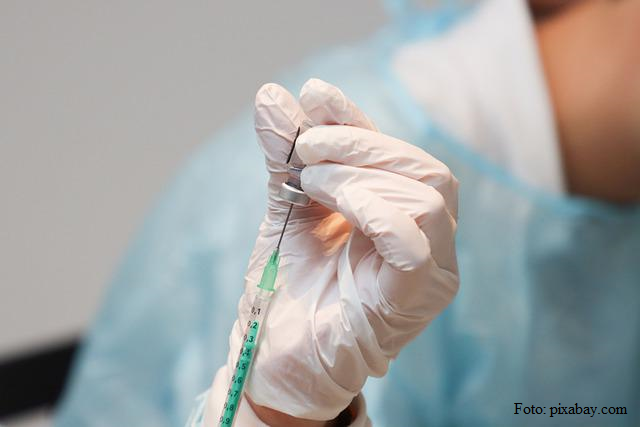Respiratory diseases on a downward trend in Romania
The number of respiratory infections is going down in Romania although it is still higher than in the previous years

Daniela Budu, 27.01.2023, 13:50
After two atypical flu seasons,
due to restrictions imposed during the pandemic, Romania has this year seen an
aggressive flu season when a few severe respiratory diseases have been reported
mainly among children and vulnerable people.
The peak of the flu
season was reached in the first part of this month and according to the
National Institute of Public Health (INSP) the number of respiratory diseases
is presently on a downward trend. 103 thousand infections were reported last
week, which means only a quarter than in the previous one.
As compared to the
weekly average of illnesses registered between 2015 – 2020, the number is still
high, 21% higher. According to the INSP, out of the total number of infections,
roughly five thousand were flu cases, most of them in Bucharest, Iasi, in
eastern Romania, Cluj, in the north-west and Timis in the west of the country.
Statistics data show
that since the beginning of the season, 36 people have lost their lives and
roughly 1.5 million have got the anti-flu vaccine. Doctors say though the number
is not enough and in order to be able to control an epidemic, 3.5 million
vulnerable people should have got the jab. In order to support the population,
authorities pledge that next year they will subsidize both the anti-flu vaccines
and those lasting a lifetime mainly for people suffering from chronic diseases.
During a conference in
Bucharest, Health Minister, Alexandru Rafila, has voiced hope that he will see
a different approach in terms of anti-flu vaccination next year, which may lead
to the protection of a larger number of people. Until then, he says, the
anti-flu vaccines, the Health Ministry purchased for this season, have been
almost entirely used
Alexandru Rafila: Pharmacies still
have stocks of anti-flu vaccines. Of course this very much depends on the
producers and suppliers. We have practically used up the entire quantity
purchased by the Health Ministry. There are still small stocks at some family
physicians but, practically the almost 1.5 million doses have been used.
Vaccines are still available but not for a long time, you know, two or three
more weeks. We will probably see a downward trend and get over this flu season,
which, as compared to the previous years, kicked off much earlier this year.
In turn, the president
of the Health Commission with the Chamber of Deputies in Bucharest, Nelu
Tătaru, believes vaccine subsidies aren’t enough and the population must accept
the prevention method.
Nelu Tătaru: When it comes to
vaccination I believe that subsidizing it is only a component. To convince
people to accept the vaccination is the most important thing and I believe here
the Ministry of Health and the physicians have a pretty difficult task: to
kickstart the process of convincing the people about the role vaccination has.
At the same time, authorities
believe that more emphasis should be laid on the development of pre-hospital
medical care as people’s access to medical services should be eased.
(bill)






























